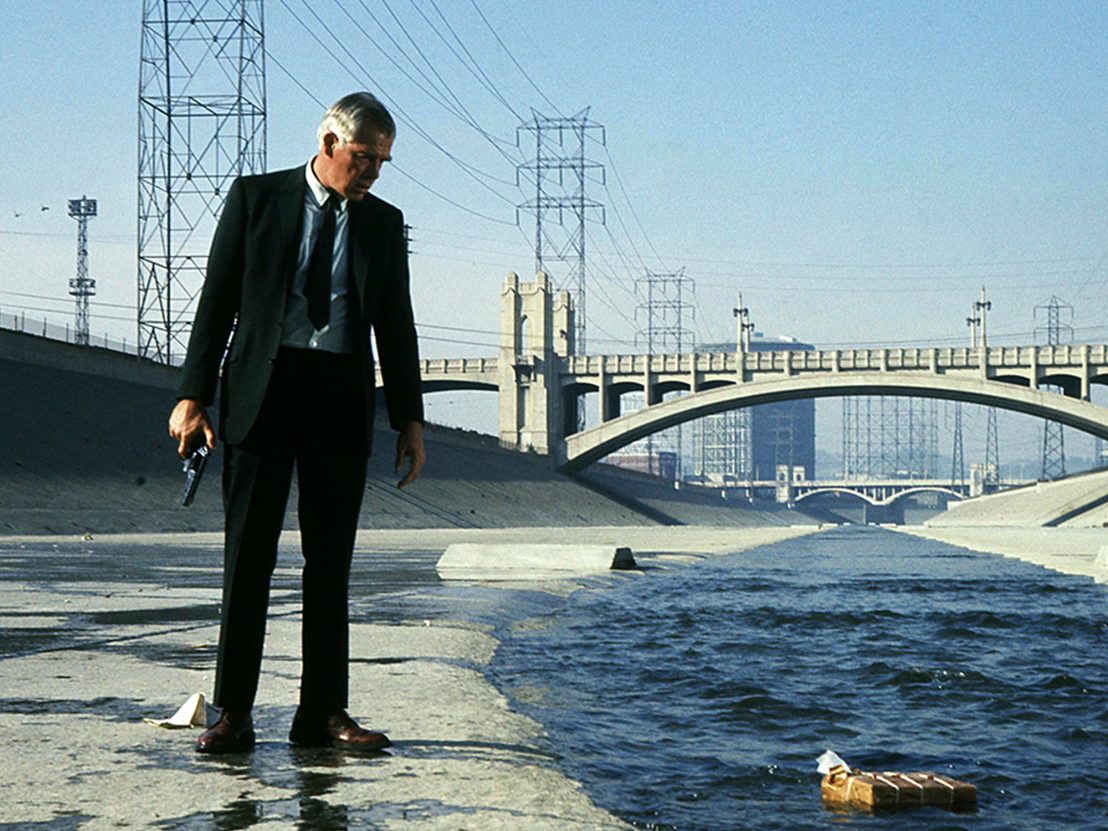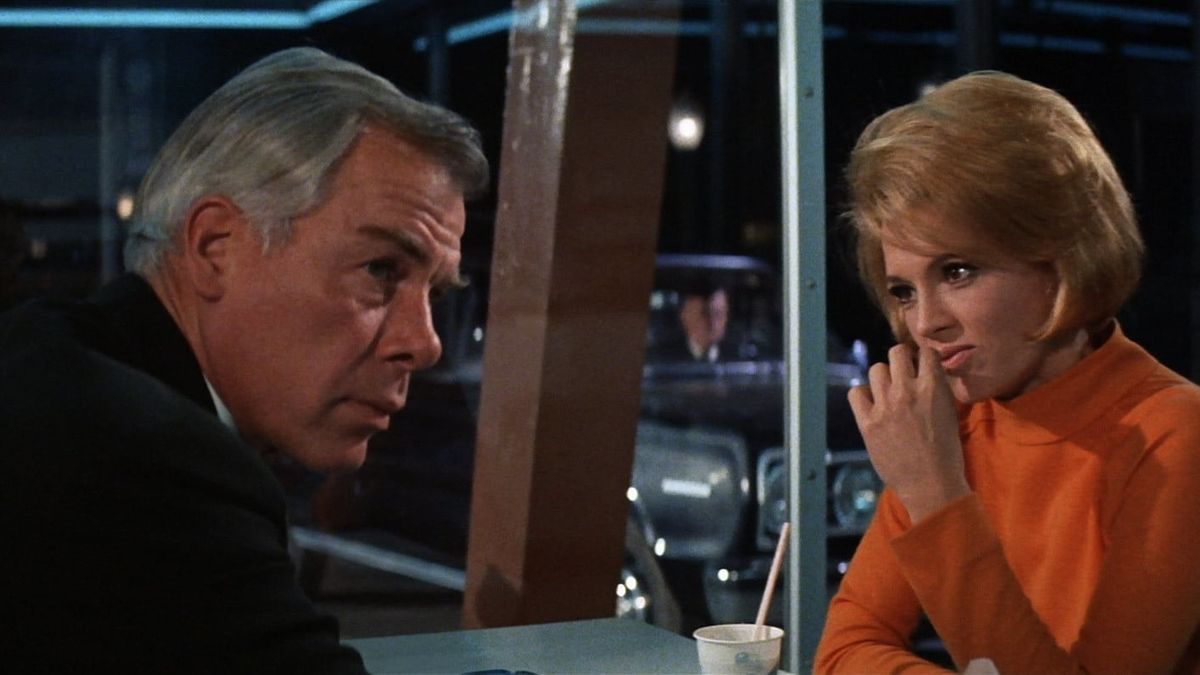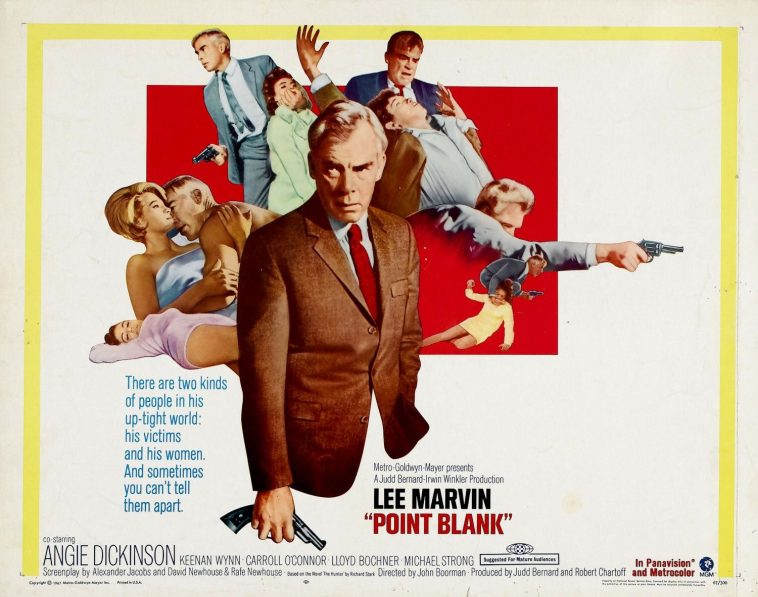One of Britain’s most admired directors, John Boorman has never been the type of filmmaker to be tied to one genre. His diverse offerings have seen him tackle the world of bizarre science fiction (the 1974 oddity Zardoz) grand Arthurian legend (1981’s Excalibur) and bittersweet coming-of-age yarns (1987’s semi-autobiographical Hope and Glory). Scoring his first mainstream hit with the unforgettable and chilling southern gothic classic Deliverance, it was his second feature and US debut, Point Blank which signalled the arrival of a truly iconoclastic talent. The film is also an example of Boorman’s refusal to play by the cinematic conventions of the time (or of any era, for that matter). Point Blank failed to find much of an audience initially, and it’s easy to see that may have alienated a mainstream crowd. It’s a deeply stylised and unconventional affair, not only from a visual perspective, about also through its sometimes jarring use of non-linear structure.

Certainly fans of leading man Lee Marvin and his work prior to Point Blank may have been a little bewildered by what they were witnessing here. Marvin – in what is an iconic performance – plays a hard-nosed gangster known as ‘Walker’, whom we see in a pre-credit sequence framed and left for dead by both his partner-in-crime and unloving wife in the deserted and dilapidated prison setting of Alcatraz. Surviving the encounter, he heads back to the mainland with two things on his mind – revenge and the chance to get back the share of the money from the heist he was involved in. Tangling with a mysterious corporation, he leaves a path of bodies and destruction in his wake, enlisting his hesitant sister-in-law (the luminous Angie Dickinson) to help him on his quest.

Point Blank’s action flits between LA and San Francisco as the gangster engineers his plans, and Boorman is able to conjure up a fractured and dislocated dreamlike ambience, where nothing is quite what it seems, including [spoiler] Walker’s own post- Alcatraz reality. Boorman is one of those filmmaker who intrinsically knows where to place his camera, and the film is punctuated with some truly stunning compositions and incredible uses of widescreen, particularly in the beautiful and stark opening credits (which also offers a possible symbolic interpretation of where Marvin’s character may actually be residing). Pre-dating the release of Dennis Hopper’s 1969 American counter-culture classic Easy Rider by two years, Boorman’s Point Blank is a trippy, psychedelic affair. Marvin fending off two assailants behind the colourful, swirling backdrop of an avant-garde jazz gig is an evocative snapshot of that period, and just one of the many fetchingly abstract moments this strange and beguiling picture has to offer.
Watch Point Blank on CHILI








Leave a Comment